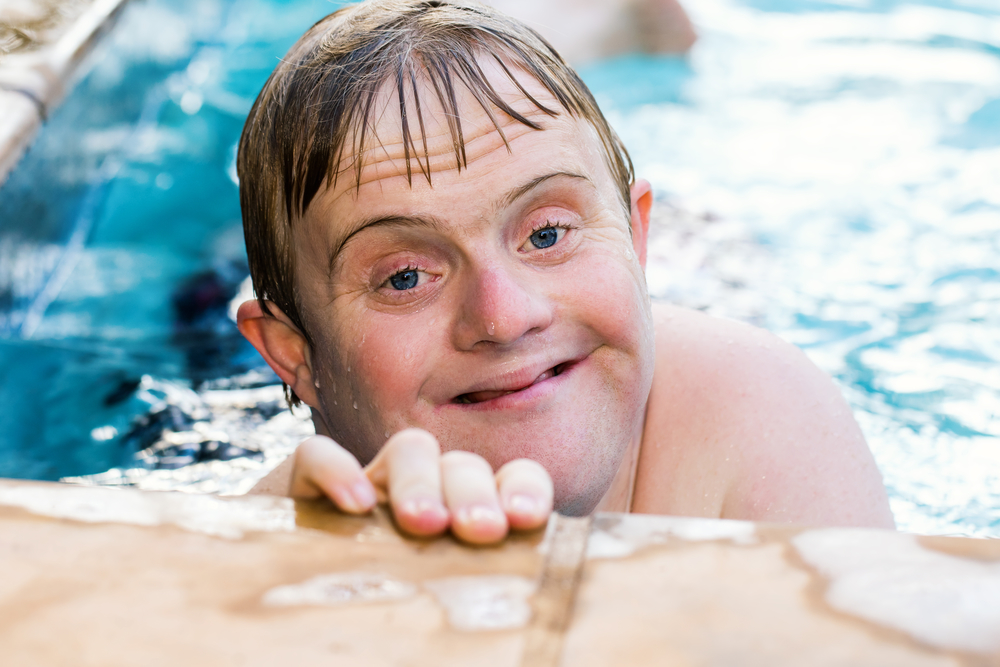
18 Jul How To Help Adults With Down Syndrome Strive For Independence
Individuals with Down syndrome can seek to have their independence as they arrive at adulthood, just like everyone else. While this might seem like a scary idea for family and friends, you shouldn’t hold them back based on your own insecurities. Instead, encourage them to strive for their independence and to become an active member of the community. Here’s how you can help adults with Down syndrome strive for independence.
#1: Work or Volunteer Opportunities
Help your family member or friend with Down syndrome secure working or volunteering opportunities. Working and volunteering can provide a feeling of independence, by earning money or giving back to the community. It also helps them build social skills, self-confidence, and talents in new fields, and exposes them to diverse populations and ideas that might challenge their preconceptions.
You can support their decision to seek employment or volunteer work by providing transportation or emotional support. Some days will be more difficult than others; so having someone to listen or discuss issues with can help with their emotional and social skills.
#2: Education
Many schools across the country are opening up learning opportunities for students with intellectual disabilities. There are programs that enable students with Down syndrome and other disabilities to enroll in college level courses, either for certificate or degree programs. If your family member or friend with Down syndrome is interested in pursuing a higher education program, help them along the way — whether it’s applying to the school of their choice, discussing the pros and cons of different programs, or even driving them to class. Support them as they seek knowledge and improve their skills.
#3: Activities, Clubs and Recreation
Encourage your adult with Down syndrome to remain active. It’s important for everyone to stay active, but individuals with Down syndrome can often have other health issues that can affect their weight. It’s important for them to stay active, and sports, clubs, and other recreational activities provide an opportunity to further develop social skill and independence.
Whether it’s joining a club of their interest or a sports team, remaining active can help adults with Down syndrome build new relationships based on mutual interests, and makes them feel like a team player. Learning to work together as a team is an essential element, whether it’s sports, employment, volunteer work, education, or anything else. Individuals with disabilities can learn to work as a team player through these activities.
Don’t be afraid to join them in these activities, but also make sure they feel like you believe in their ability to make friends and succeed on their own. While they have a disability, it’s important to remember they seek to have control over their own life just like anyone else. Embrace your adult with Down syndrome and support their journey towards independence.
If you’re looking for more ways to help adults with Down syndrome and other intellectual disabilities strive for independence, click here to learn about career opportunities at Pathways of Pennsylvania!
Pathways of Pennsylvania has been serving communities in Pennsylvania since 1981. Every individual has a right to lead a meaningful and positive life, and we are changing lives, one day at a time. Pathways of Pennsylvania is comprised of four companies: Children’s Behavioral Health, Inc., Pathways Community Services, LLC, Raystown Developmental Services, Inc., and The ReDCo Group, Inc.
